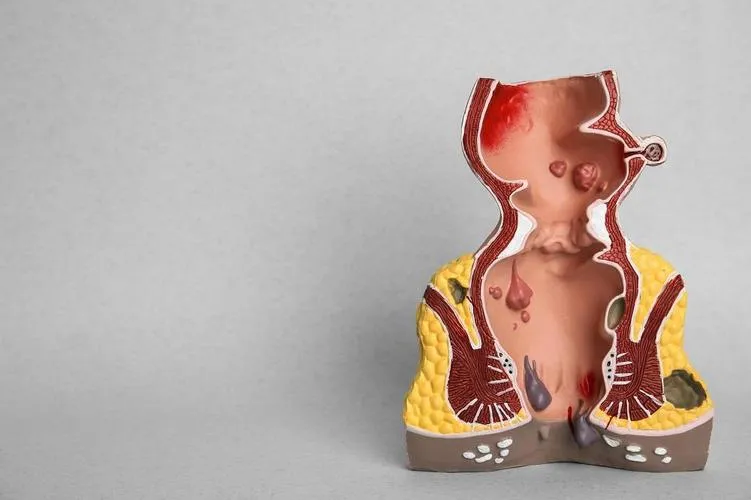Why surgery is the right option for recurring anal fistulas
September 29, 2022
An anal fistula seems to be a tiny canal that forms between the bowel's end and the skin surrounding the anus. It's indeed typical in people who have had anal infections previously. It develops whenever an anal abscess gets drained but not completely healed. Drainage may last for a lot longer if the anal fistula becomes serious.
What causes anal fistula?
Blocked up anal glands and anal abscesses seem to be the most likely reasons for an anal fistula. The following (less prevalent) scenarios can also cause an anal fistula:
- Cancer
- Radioactivity
- Trauma
- STDs (sexually transmitted diseases)
- Crohn's disease
- Tuberculosis
- Diverticulitis (seems to be a disease that affects the digestive system)
What are the symptoms?
An anal fistula has the following symptoms:
- Pain while sitting
- Pus and blood drip from anus
- Inflammation of the anal area
- Pain when going to the bathroom
- The perianal region becomes red
- Heat, chills, and even a general sense of exhaustion
Whenever you observe any one of these signs, you should see a physician.
How are anal fistulas diagnosed?
An anal fistula is commonly identified by inspecting the anus region. A physician can create drainage from the outside orifice (opening) to identify the depth and route of the fistula channel. If the fistula isn't apparent on the skin's surface, a test called anoscopy is performed to examine your anal canal, using a special instrument. An MRI/ultrasound may also be ordered.
-
Anoscope
This anoscope seems to be a tubular instrument put into the anus to aid in the visualisation of both the anus and the rectum.
-
Flexible sigmoidoscopy
A tiny tube would be inserted into the bottom region of the colon during flexible sigmoidoscopy. If you're under the age of 50 and have no health risks for colon cancer, you should get this testing.
-
Colonoscopy:
A flexible tube would be inserted into the rectum by the physician to examine the whole colon. This testing is conducted if you are over 50 years old or already have symptoms of colon cancer or other disorders.
What are the surgical procedures?
AV Fistula Surgery procedures are split into following categories:
- Open AV Fistula surgery is the most common type of surgery.
- Anal Fistula Laser Surgery
- Laser fissure treatment
Why is surgery the best choice?
Anal fistulas seldom heal on their own. Hence, AV Fistula surgery is generally required to repair them. There seem to be different methods to choose from. Your right choice would be determined by the location of the fistula and whether it is a communication layer or splits off in multiple ways. To establish the optimum treatment, patients will need an initial evaluation of the region with general anaesthesia (when you're sleeping).
The surgeon will discuss the many possibilities with you and recommend the best one. AV fistula surgery is normally performed under general anaesthesia. In several circumstances, staying at the hospital overnight is unnecessary. The goal of surgery would be to fix the fistula while preventing injury to a sphincter muscle, which opens or closes the anus and might lead to bowel control failure.
How are complications managed?
Patients must be aware of potential consequences so that they might detect warning signs and seek medical help as soon as feasible. It will enable patients to be cured as soon as possible, limiting the effects of the issue on their general health and well-being.
Conclusion
The abnormal hollow tract connecting an exterior hole in perianal skin with an inner entrance in the anal canal is an anal fistula. Cryptoglandular disease, which begins in the intersphincteric region and expands in diverse ways, is responsible for anal fistulas among adults.
Request an appointment at Apollo Spectra Hospitals, Call 18605002244
Since a fistula is never cured by itself, AV Fistula surgery is the only option for treatment.
With a documented rate of success varying from 87 per cent to 94 per cent, fistulotomy continues to be among the most regularly performed surgeries treating anal fistulas.
The fistula may return in some cases following surgery. The recurrence rate is predicted to be between 7 and 21 per cent, depending on the type of fistula and the surgical approach used to eliminate it. For instance, fibrin glue treatment seems to have a higher recurrence rate.
NOTICE BOARD
CONTACT US
CONTACT US
 Book Appointment
Book Appointment


.svg)
.svg)
.svg)
.svg)








